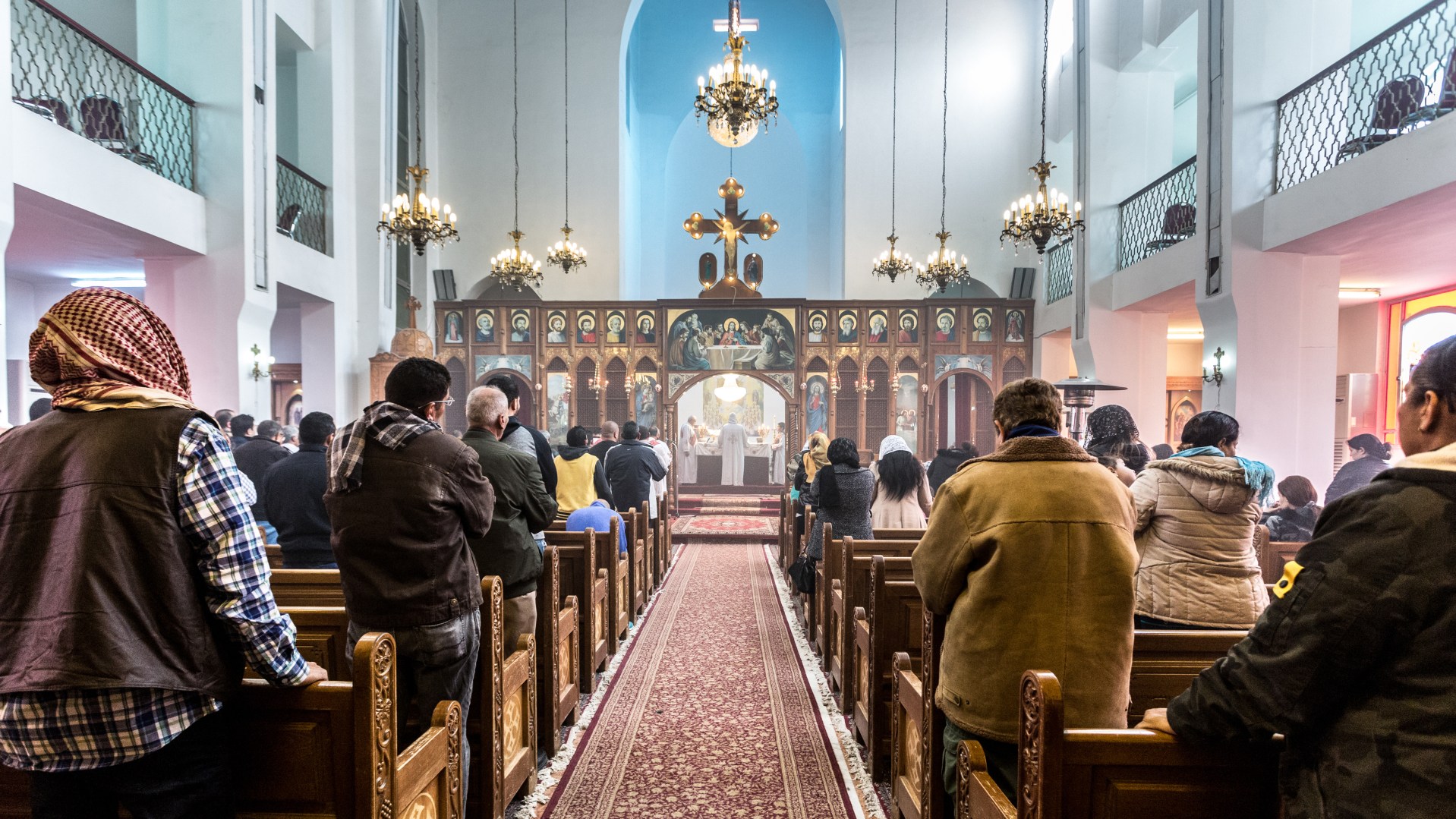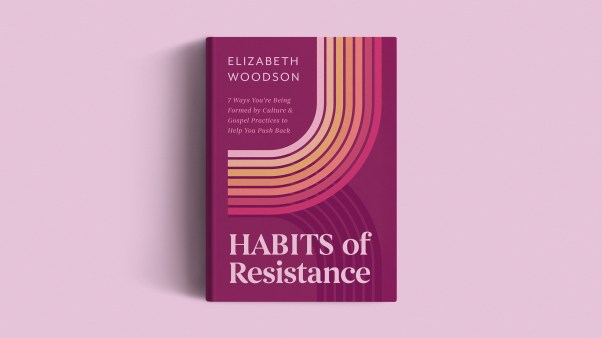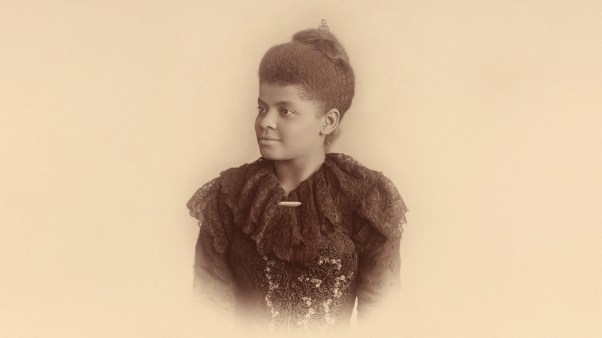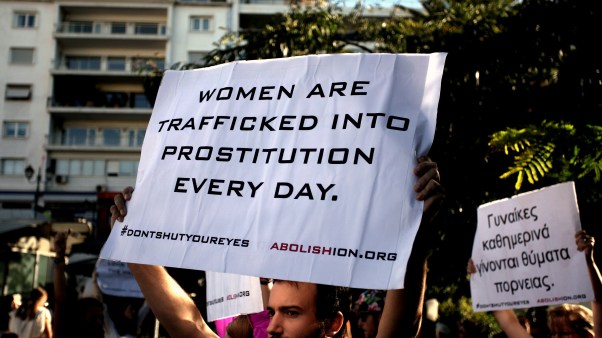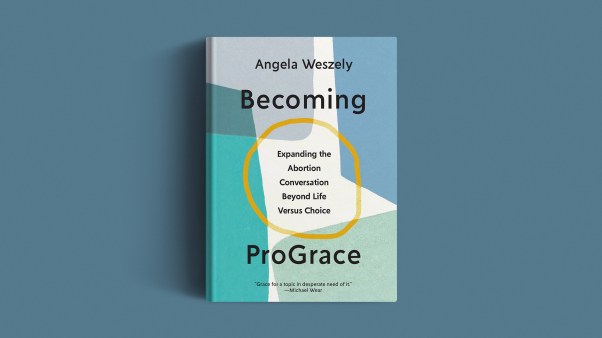Last Sunday, after weeks of living in pajamas while confined to our homes in coronavirus quarantine, my family attended the Palm Sunday services at the Amman Baptist Church in Jordan.
We woke up early, showered, shaved, fixed our hair, put on our Sunday best, and then traveled the long distance from the bedroom to the living room to watch the livestreamed songs and sermon celebrating the triumphal entry of Jesus into Jerusalem.
The timetable above is not an error. While evangelicals around the world joined Catholics in commemorating Easter on April 12, in Jordan our Passion week was only just beginning.
The reason for this anomaly stems from a decision made 45 years earlier by the Middle Eastern nation’s officially recognized Christian denominations.
Christmas, they agreed, would be celebrated jointly on December 25 according to the Western Gregorian calendar. And in exchange, all Catholics, Orthodox, and Protestants would mark Palm Sunday and Easter according to the Eastern Julian calendar.
In the West, many Orthodox communities already observe Christmas in line with the local culture. In the Middle East, the bigger problem is Easter.
The vast majority of Egypt’s 10 million Christians celebrate both Christmas and Easter according to the Coptic Orthodox calendar.
The majority of Lebanon’s Christians—one-third of the population—are Maronite Catholic, who determine the religion of the president and the cultural celebration of Christmas and Easter. The government also observes the religious calendar of its sizable Orthodox community.
But in Jordan and Palestine, where the percentage of Christians in the popluation is dwindling to single digits, the duplication of holidays became a social problem—for Muslims. The 95 percent-plus majority would often congratulate friends and neighbors, only to be rebuffed by remarks that the day was not the correct denominational holiday.
The unity agreement reached in Jordan would incorporate Palestine also, except for the thorny issues of Jerusalem and Bethlehem. Because of the intense and often violent conflicts over the centuries contesting usage rights in Bethlehem’s Church of the Nativity and Jerusalem’s Church of the Holy Sepulchre, in 1757 the heads of denominations agreed to follow what is now called the “Status Quo.”
The Status Quo regulates the usage of chapels and other spaces in the two churches to preserve the peace between Christian sects. The agreement is very specific about times and dates—including years when Easter falls on the same day—to ensure all are able to carry out their prayers at their most holy sites.
So even as public pressure mounted to unify the holidays, it was impossible to adjust the Status Quo and apply it in Jerusalem and Bethlehem.
Nevertheless, in 1975, church leaders in Jordan agreed to the unification. In Palestine (with the exception of Jerusalem and Bethlehem), a similar unity agreement was adopted 10 years ago.
The governments of Jordan and Palestine rewarded this step by declaring December 25 as a national holiday.
Easter was more complicated, especially in Jordan, where the king is a direct descendent of the Prophet Muhammad. While Islam recognizes the virgin birth of Jesus, Muslims deny the crucifixion and resurrection of Jesus. As a compromise, the government granted public- and private-sector Christian employees three days off for Palm Sunday, Easter, and the following Monday. (Jordan’s official weekend is Friday and Saturday.)
But in Palestine, two years ago President Mahmoud Abbas took a major decision and agreed to recognize Orthodox Easter as a national holiday. (Christmas was declared an official holiday in 1996.)
Culturally, Christians in the region light up their Christmas tree, and celebrate Easter with an assortment of sweets that reference Christ’s passion. Kaak is a date-filled cookie that resembles the crown of thorns, while the pistachio-stuffed ma’moul is shaped like the sponge given to Jesus on the cross.
Even so, while the vast majority of Christians in Jordan and Palestine celebrate Christmas, Palm Sunday, and Easter as one community, the churches are not yet fully united.
Rifat Bader, a Roman Catholic priest, said that in Jordan, his denomination has merged the religious and cultural ceremonies, while Ibrahim Dabour, a priest in the Orthodox Church, told me that they hold two services for each holiday—one on the unified celebration for the general public, and another in accordance with the Orthodox calendar, as stipulated by their Jerusalem Patriarchate.
In 2015, Pope Francis expressed his wish and the great readiness of the Catholic Church to endorse any calendar change decided in unity by the Christian churches. The original agreement on Easter dates all the way back to the Council of Nicaea in A.D. 325.
But regardless of when we celebrate Easter, it is reassuring to know that 2,000 years ago, the world witnessed the victorious resurrection, giving hope for humanity.
And in the lands where Jesus died and rose again, Arab Christians greet each other with the eternally powerful greeting: Al-Maseeh Qam! (Christ is risen!) We then reply: Haqan Qam! (He is risen indeed!)
Happy Easter to all, both this Sunday and last.
Daoud Kuttab is an award-winning Palestinian journalist living in Amman and is the secretary of the Jordan Evangelical Council.

